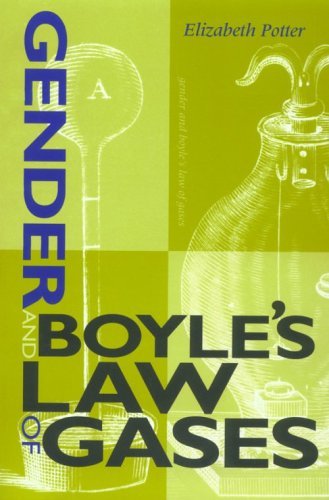

Most ebook files are in PDF format, so you can easily read them using various software such as Foxit Reader or directly on the Google Chrome browser.
Some ebook files are released by publishers in other formats such as .awz, .mobi, .epub, .fb2, etc. You may need to install specific software to read these formats on mobile/PC, such as Calibre.
Please read the tutorial at this link: https://ebookbell.com/faq
We offer FREE conversion to the popular formats you request; however, this may take some time. Therefore, right after payment, please email us, and we will try to provide the service as quickly as possible.
For some exceptional file formats or broken links (if any), please refrain from opening any disputes. Instead, email us first, and we will try to assist within a maximum of 6 hours.
EbookBell Team

4.1
80 reviewsBoyle’s Law, which describes the relation between the pressure and volume of a gas, was worked out by Robert Boyle in the mid-1600s. His experiments are still considered examples of good scientific work and continue to be studied along with their historical and intellectual contexts by philosophers, historians, and sociologists. Now there is controversy over whether Boyle’s work was based only on experimental evidence or whether it was influenced by the politics and religious controversies of the time, including especially class and gender politics.
Elizabeth Potter argues that even good science is sometimes influenced by such issues, and she shows that the work leading to the Gas Law, while certainly based on physical evidence, was also shaped by class and gendered considerations. At issue were two descriptions of nature, each supporting radically different visions of class and gender arrangements. Boyle’s Law rested on mechanistic principles, but Potter shows us an alternative law based on hylozooic principles (the belief that all matter is animated), whose adherents challenged social stability and the status quo in 17th-century England.